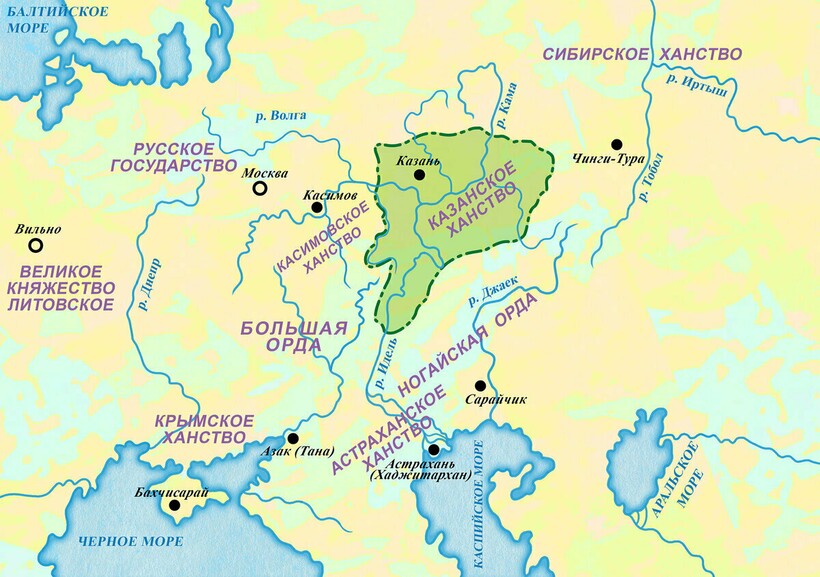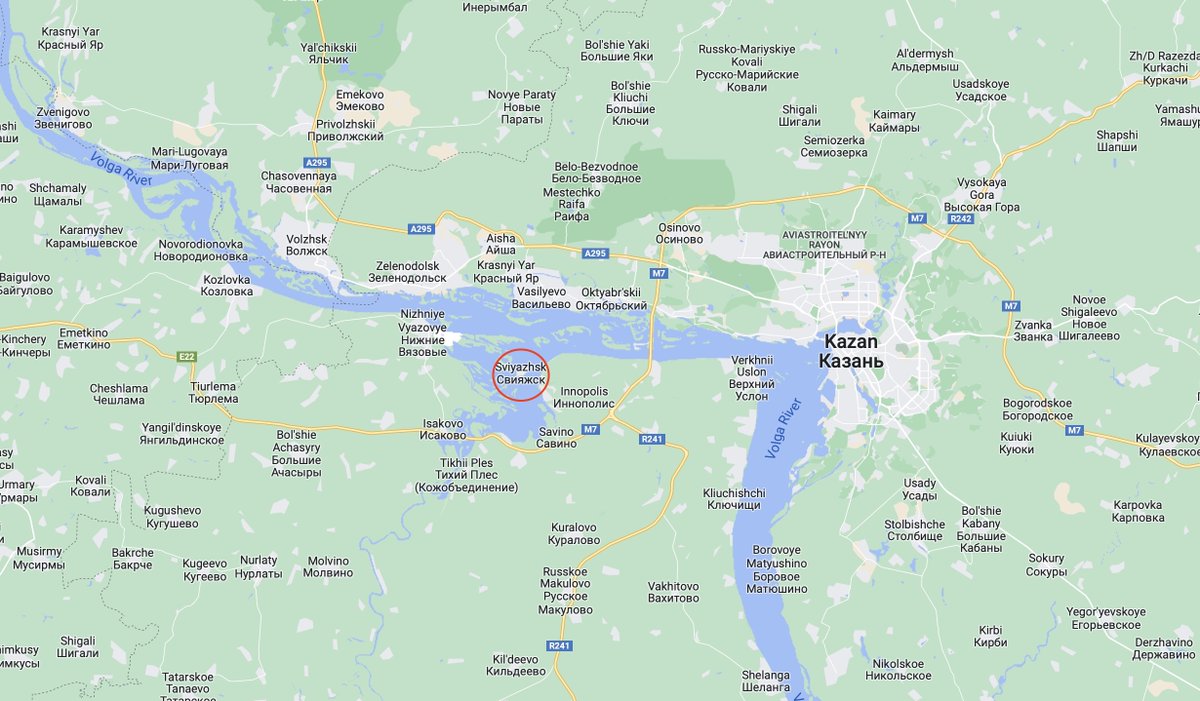
As a non-native speaker, I never had this organic understanding of English as natives do. Yeah, I studied it formally, but formal knowledge is incomplete. It was trial and error that allowed me to feel it better. Trying and erring I found my favourite English word:
"Problematic"
"Problematic"
Why? You see, we are all humans. Intelligent beings capable of pattern recognition. And when you are talking, writing, etc. people absolutely will scan your speech for the familiar patterns. Then they are gonna make a judgement based on patterns they recognised. Keep that in mind
One pattern people will recognise is accent. Let's be honest, accent does have class connotations and some accents do not sound classy at all. In the UK it would be probably the Scottish accent that is associated with the working class, in the US probably the southern one
Now if you are a foreigner, people will scan your speech for patterns -> recognise a familiar one (accent) -> make a judgement accordingly. What can you do?
1. Ignore it (capitulation)
2. Get rid of it (frontal assault)
3. Add more patterns to confuse them (flanking manoeuvre)
1. Ignore it (capitulation)
2. Get rid of it (frontal assault)
3. Add more patterns to confuse them (flanking manoeuvre)

People are scanning your speech for a number of patterns simultaneously. Getting rid of your accent would amount to a tiresome frontal assault: something all military theorists advised again. I would suggest doing a flanking manoeuvre and attack from another direction
Vocab
Vocab

A language operates with registers: lower and higher one. And that's another recognisable pattern they'll be scanning for. We all instinctively feel that "prolly" would be of lower register, while "sophisticated" of higher. Now "problematic" sounds very sophisticated
Filling your speech with higher register words may be the easiest status signalling trick. Now which words should you choose? There are plenty:
"Sophisticated. Problematic. Heteronormative"
Choose problematic. Unlike the other two you can insert it randomly into every sentence
"Sophisticated. Problematic. Heteronormative"
Choose problematic. Unlike the other two you can insert it randomly into every sentence
You see, you can't just walk around calling everything "sophisticated" or "heteronormative". It may work once or twice but then it looks awkward. These words have actual meaning, substance behind them. Which limits your ability to drop them here and there for status signalling
The great thing about "problematic" is that it has no substance at all
0% substance
100% sophistication
That's what makes it so universally applicable. You can insert it into every argument, every sentence, every phrase even. It fits perfectly everywhere
0% substance
100% sophistication
That's what makes it so universally applicable. You can insert it into every argument, every sentence, every phrase even. It fits perfectly everywhere
That doesn't mean however that "problematic" is neutral. Not at all, it means "bad". It is an upgraded version though. When you are calling sth problematic you are calling it "bad" with a dose of:
1) Nuance
2) Sophistication
3) Passive aggressive vibe
A winning combination
1) Nuance
2) Sophistication
3) Passive aggressive vibe
A winning combination

"Problematic" is the most powerful rhetorical weapon ever. Just call them problematic and you won. What are they gonna do? Denying you are "problematic" amounts to claiming you are "non-problematic". You see, it already sounds stupid 

NB: Do not add any specific details of *why* they're problematic. If you add just a grain of substance into accusations, you are giving them an easy way out. They may change the topic of conversation to the specifics and escape your trap. You'll have nobody but yourself to blame
• • •
Missing some Tweet in this thread? You can try to
force a refresh







